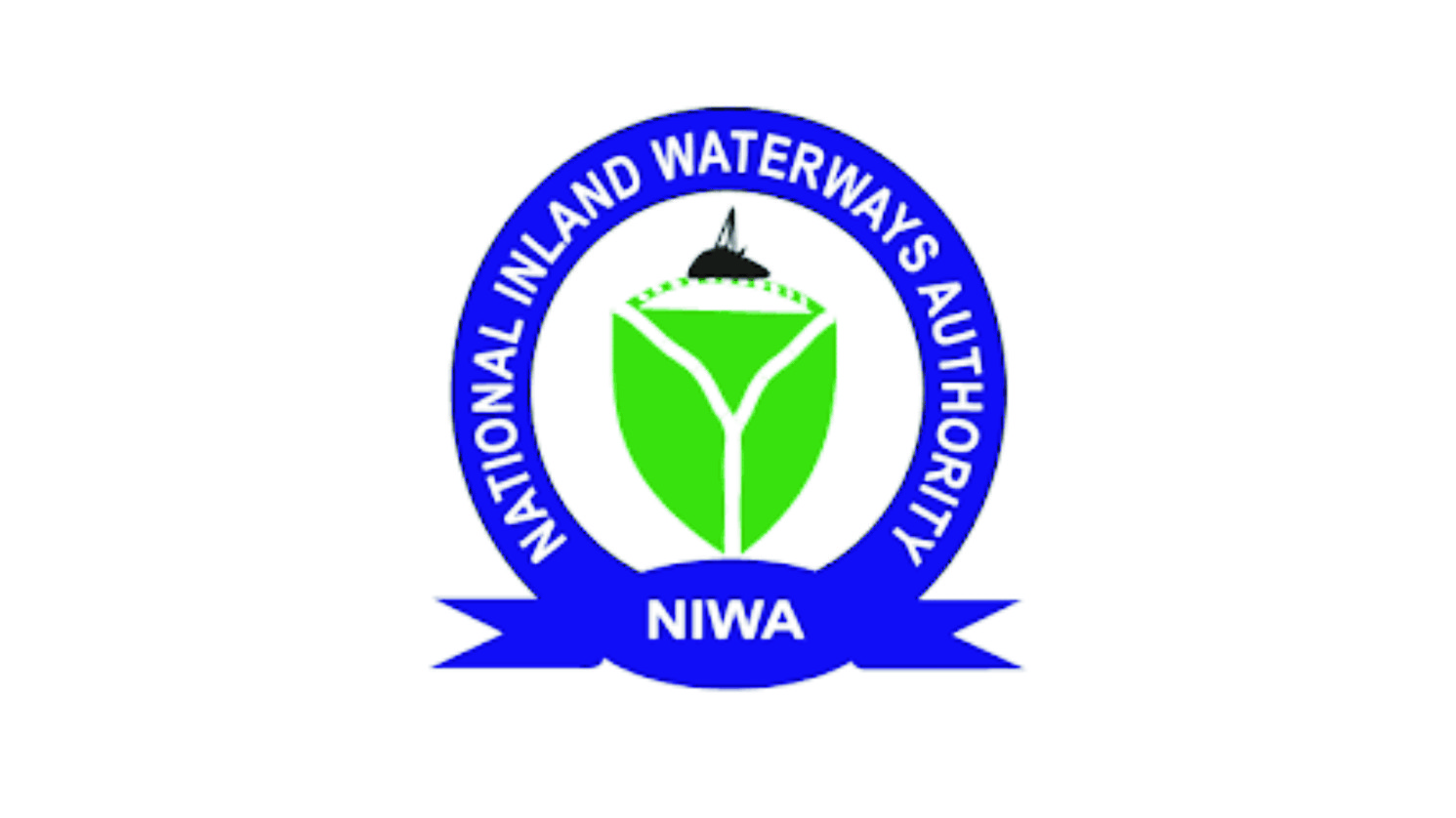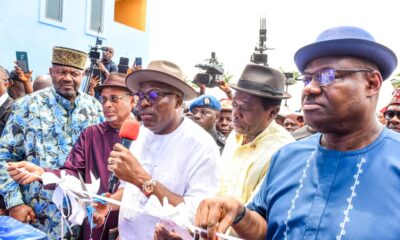Business
‘Nigeria’s eNaira Adoption Disappointingly Low’
The International Monetary Fund (IMF) has described the public adoption of the eNaira in Nigeria as disappointingly low.
This was contained in a working paper IMF released recently, titled, “Nigeria’s eNaira: One Year After”, in which the Bretton Woods institution highlighted how the digital currency fared in its first year.
Recall that Nigeria’s President, Muhammadu Buhari, formally unveiled the digital currency at the state house in Abuja on October 25, 2021.
However, IMF said about 98.5 percent of eNaira wallets that were downloaded after the unveiling have been left unused.
While stating that the Central Bank Digital Currency project had yet to move beyond the initial wave of limited adoption, IMF said the eNaira usage by households and merchants has been slow.
“The retail wallet downloads saw a few weeks of the initial surge before tapering off. More specially, it only took 25 days for the number of downloaded wallets to reach 500,000 units, but going from there to 600,000 units took another 63 days, and to 700,000 units yet another 143 days”, the paper stated.
It continued that “as of end-November 2021, the total number of retail eNaira wallets amounted to about 860,000. This is just 0.8 per cent of Nigeria’s active bank accounts.
“Merchant wallet download has reached about 100,000 in end-June, which is about one-eleventh of the number of merchants with Point-of-Sales (POS) terminals—which enables credit or debit card payments”.
IMF further revealed that the downloaded wallets recorded low transactions while some have not been active except for the initial surge it recorded shortly after it was launched.
It added that the average number of eNaira transactions weekly were carried out only by 1.5 percent of downloaded wallets.
“The average number of eNaira transactions since its inception amounts to about 14,000 per week—only 1.5 percent of the number of wallets out there. This means that 98.5 percent of wallets, for any given week, have not been used even once.
“The average value of eNaira transactions has been N923 million per week—0.0018 percent of the average amount of M3 during this period. The average value per one transaction has been N60,000”, it stated further.
The statement added that the eNaira’s potential in financial inclusion requires a strategy to set the right relationship with mobile money, given the former’s potential to either complement or substitute the latter.
“Cost savings from integrating CBDC—as a bridge vehicle—in the remittance process may also be substantial”, it stated.
Business
NIMASA Commits To Creating Enabling Environment For Maritime Business

Business
FG Inaugurates Special Committee Against Boat Accident

Business
LASG Arrests Illegal Dredgers … Issues Stop Work Order
-
News5 days ago
Don Tasks Varsities On Artificial Intelligence
-
Sports5 days ago
Onyedika Not Sure For Super Eagles W’C Qualifiers
-
News5 days ago
Okogbule Steps Down, Lauds Fubara For Support As RSU VC
-
Sports5 days ago
Ogba, Others Endorse Niger Delta Sports Festival
-

 News5 days ago
News5 days agoOur Govt’ll Eventually Triumph, Fubara Assures Rivers People …Inaugurates Govt House Staff Quarters
-
Opinion5 days ago
That NANS’ Induction Of Former Tai LG Boss
-

 Nation5 days ago
Nation5 days agoMonarch’s Coronation Excites Aluu People
-
Opinion5 days ago
NDDC, A Regional Commission?

